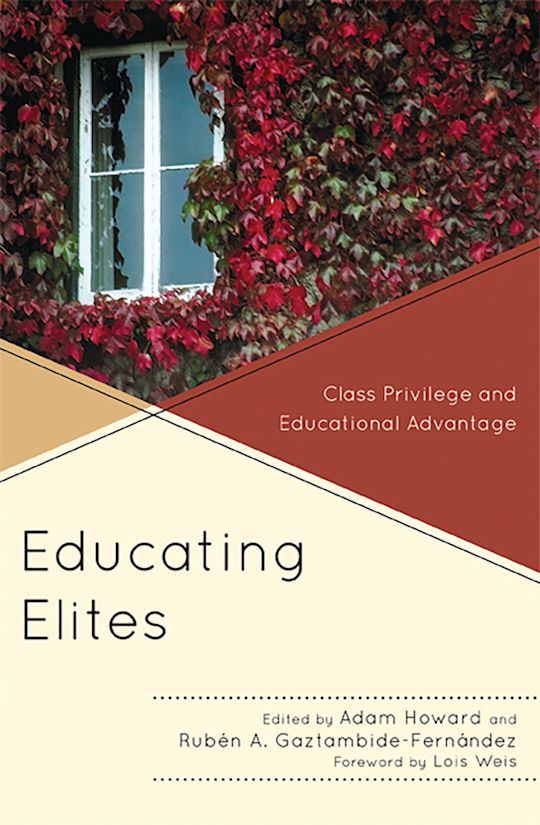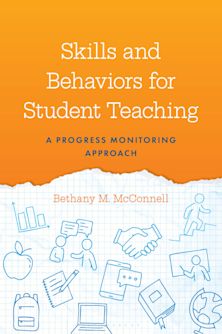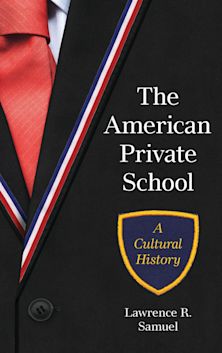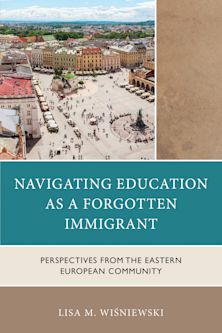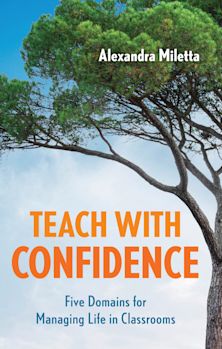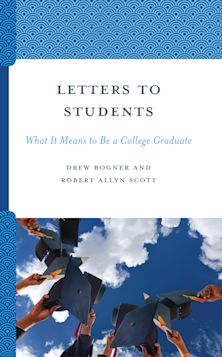- Home
- ACADEMIC
- Education
- Education - Other
- Educating Elites
Educating Elites
Class Privilege and Educational Advantage
Adam Howard (Anthology Editor) , Rubén A. Gaztambide-Fernández (Anthology Editor) , Beth Cooper Benjamin (Contributor) , Peter W. Cookson Jr (Contributor) , Raygine DiAquoi (Contributor) , Rubén Gaztambide-Fernández (Contributor) , Shamus Rahman Khan (Contributor) , Peter Kuriloff (Contributor) , June Newman-Graham (Contributor) , Sharon Ravitch (Contributor) , Michael Reichert (Contributor) , Joseph A. Soares (Contributor) , Brett Stoudt (Contributor) , Jenny M. Stuber (Contributor)
Educating Elites
Class Privilege and Educational Advantage
Adam Howard (Anthology Editor) , Rubén A. Gaztambide-Fernández (Anthology Editor) , Beth Cooper Benjamin (Contributor) , Peter W. Cookson Jr (Contributor) , Raygine DiAquoi (Contributor) , Rubén Gaztambide-Fernández (Contributor) , Shamus Rahman Khan (Contributor) , Peter Kuriloff (Contributor) , June Newman-Graham (Contributor) , Sharon Ravitch (Contributor) , Michael Reichert (Contributor) , Joseph A. Soares (Contributor) , Brett Stoudt (Contributor) , Jenny M. Stuber (Contributor)
You must sign in to add this item to your wishlist. Please sign in or create an account
Description
The gaze of educational researchers has traditionally been turned "down" toward the experiences of communities deemed at-risk, presumably with the purpose of improving their plight. Indeed, theorizing about the relationship between education, culture, and society has typically emerged from the study of poor and marginalized groups in public schools. Seldom have educational researchers considered class privilege and educational advantage in their attempts at understanding inequality and fomenting social justice.
This collection of groundbreaking studies breaks with this tradition by shifting the gaze of inquiry "up," toward the experiences of privilege in educational environments characterized by wealth and the abundance of material resources. This edited volume brings together established and emerging scholars in education and the social sciences working critically to interrogate a diversity of educational environments serving the interests of influential groups both within and beyond schools. The authors investigate the power relations that underlie various contexts of class privilege. They shed light into the ways in which the success of a few relates to the failure of many.
Table of Contents
Chapter 2 Introduction: Why Study Up?
Chapter 3 Preparing for Power: Twenty-Five Years Later
Chapter 4 Educating for Hegemony, Researching for Change: Collaborating with Teachers and Students to Examine Bullying at an Elite Private School
Chapter 5 A Part and Apart: Students of Color Negotiating Boundaries at an Elite Boarding School
Chapter 6 Stepping Outside Class: Affluent Students Resisting Privilege
Chapter 7 Getting In: How Elite Schools Play the College Game
Chapter 8 The Effects of Parents' College Tier on Offspring's Educational Attainments
Chapter 9 Class Dismissed?: The Social Class Worldviews of Privileged College Students
Chapter 10 Pageantry, Pedagogy, and Pandorea: Literacies of the Southern Belle
Chapter 11 On Not Seeming Like You Want Anything: Privileged Girls' Dilemmas of Ambition and Selflessness
Chapter 12 Outlining a Research Agenda on Elite Education
Product details
| Published | Oct 16 2010 |
|---|---|
| Format | Ebook (Epub & Mobi) |
| Edition | 1st |
| Extent | 220 |
| ISBN | 9781607094609 |
| Imprint | R&L Education |
| Publisher | Bloomsbury Publishing |
About the contributors
Reviews
-
A great collection. Elite schooling is important not only because it defines the ladders others must climb to move up in the world, but also because it represents powerful families' best guess about the future their children will inherit. Educating Elites quickly will become required reading for any serious student of inequality in America.
Mitchell L. Stevens, associate professor of education and sociology, Stanford University School of Education and author of Creating a Class: College
-
A fresh and interesting collection that contains a number of pieces by talented young scholars....highly recommended.
Annette Lareau, Stanley I.Sheerr Professor, University of Pennsylvania
-
Class counts, and it counts in crucial ways in education. Adam Howard and Rubén Gaztambide-Fernández have provided us with a set of important and nuanced analyses of how elite class institutions and understandings work in a system that is riven with class relations. This is a significant book for anyone who cares about elitism in education in this society.
Michael W. Apple, John Bascom Professor of Curriculum and Instruction and Educational Policy Studies, University of Wisconsin, Madison; author,









